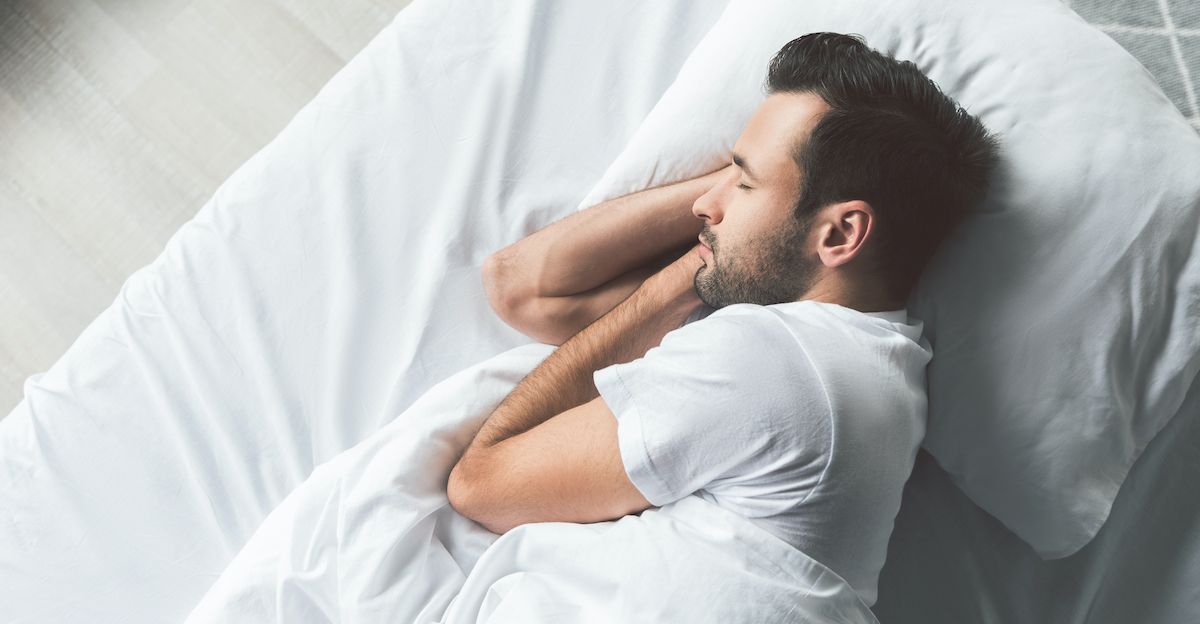The Importance of Sleep in a Pandemic and How to Get More of it
May 20, 2020

Just like a healthy diet and exercise, sleep is essential for general health and wellbeing. Stressful situations, like a global pandemic, can have a detrimental impact on our ability to sleep soundly. Sleep deprivation can impact both your mental and physical health and in times like the present, maintaining a good bill of health has never been more important. In this piece, we unpack the importance of sleep and how you can get more of it.
In 2015, researchers in the US deliberately infected 164 volunteers with the rhinovirus (common cold). The study revealed the people who slept less than six hours a night were four times more likely to develop cold symptoms than the ones who slept for seven hours or more.
While it’s too early for similar studies to have been done on the impact of sleep and the coronavirus, we could assume that a lack of sleep leaves the body run down and our immune system exposed.
Sleep is essentially rest - it’s where our body and mind take the time to heal and recharge. Without it, we’re likely to be tired, unproductive, and irritated. These symptoms can have consequences across all aspects of life.
According to the World Sleep Society, optimal sleep duration really does vary, but overall, the average duration recommended for adults is 7-8 hours.
Now that we’ve convinced you how important sleep is, here’s how to get more of it:
Create and maintain a routine
We’ve all experienced significant changes in the past few months, but it’s important we do what we can to maintain a normal sleep routine. Everyone’s routine varies, but we recommend:
- Going to bed at a similar time each evening and waking up at a similar time in the morning
- Create a ritual; something you do before bed each night that tells your mind it’s time to unwind like drinking an herbal tea, meditating, burning an essential oil like lavender or having a shower
- Make sure your bed is for sleeping. Don’t use your phone or watch TV in bed!
Limit media consumption
In our current climate, we’re being inundated with some scary and alarming messages.
While some of these stories are important for us to be aware of, we need to limit our consumption where possible and ensure we’re paying attention to credible sources like Health Canada.
In addition to this, be wary of what you read on social media.
Exercise regularly
Physical activity requires us to expend energy and typically, we feel more tired if we have exerted ourselves during the day.
Evidence also shows that exercise can have a positive impact on our mental health, reducing stress and anxiety, which can often contribute to poor sleep.
We recommend doing at least 30 mins of light to medium exercise 4-5 times a week. This can, and will, vary depending on your normal fitness levels.
Keep in mind, that it may not be a good idea to exercise right before bed. Some of us may feel energised after working out, meaning you may need some time to unwind before catching those z’s.
Avoid blue light
Avoid blue light. This means avoiding digital screens of any kind before bedtime. Blue light inhibits the production of melatonin, a hormone that regulates our sleep-wake cycle.
Instead, why not try reading a book, doing some light stretches, meditating, or listening to music before bed.



